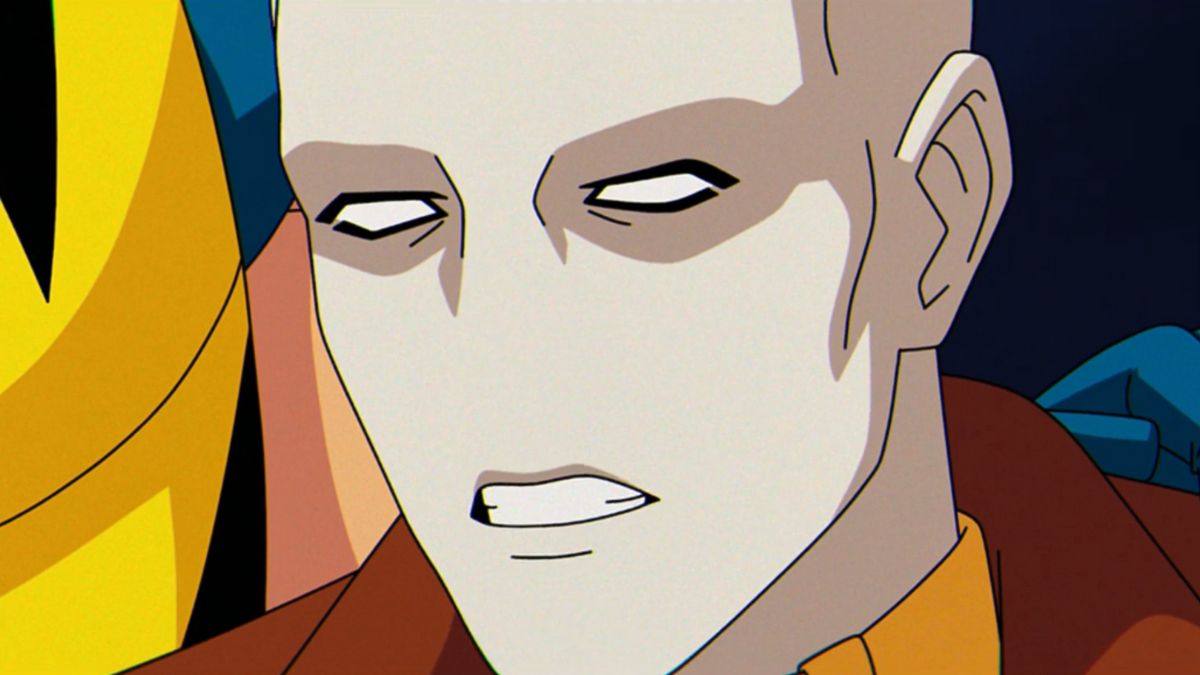X-Men ’97, the latest addition to Marvel fandom, has sparked a somewhat disheartening backlash, particularly surrounding the character Morph, voiced by JP Karliak.
Morph originally appeared in the beloved X-Men: The Animated Series, prompting curiosity about the source of the backlash against him.
‘X-Men ’97’: The Morph Backlash explained
The controversy stems from Karliak, who identifies as gender-queer, and several individuals involved in the production referring to Morph as non-binary. Even the former showrunner, Beau DeMayo, before he departed from the project, acknowledged Morph’s non-cis-het identity. However, the current iteration of X-Men has faced criticism for being perceived as “too woke,” a notion that seems ironic given the inherent social commentary present in the comic.
In the X-Men lore, Morph has endured a tragic past as one of Mr. Sinister’s victims, subjected to mental conditioning and forced to turn against the X-Men. Despite this, Morph is a complex character with a rich history in Marvel canon, and his portrayal in X-Men ’97 has been updated to reflect a modern context.
As a shape-shifter capable of assuming any form, regardless of gender, Morph naturally invites discussions about fluid gender identity, which is evident in X-Men ’97. However, some fans resist these changes and inclusivity. Nevertheless, Karliak, in an interview with CBR, expressed understanding and appreciation for the counter-backlash from fans who reminded critics of the core themes and values of the X-Men franchise.
X-Men has always served as a metaphor for contemporary social issues, with genetic mutation symbolizing various forms of prejudice. Racism and homophobia are among the prominent themes explored in the comics, showcasing characters overcoming bigotry while learning to embrace humanity.
Morph is not the only character challenging conventional norms in the X-Men universe. Mystique, another shape-shifter, has long been portrayed as an LGBTQ+ character, with recent canon exploring her fluid relationship with gender. Even Nightcrawler’s origin story has been retconned to reveal Mystique’s role in his birth, highlighting the long-standing presence of gender fluidity within the X-Men narrative.
Writer Chris Claremont had considered exploring gender fluidity in the ’80s, but refrained due to censorship concerns. However, Nightcrawler’s updated origin story now reflects the progressive values inherent in X-Men storytelling.
Magneto, a pivotal character in the series, draws upon his experiences as a Holocaust survivor to advocate for mutant rights, underscoring the importance of addressing prejudice and discrimination within the narrative.
Ultimately, X-Men remains relevant by tackling contemporary issues, whether set in the ’90s or the present day, emphasizing the enduring need for art to engage with social and political discourse.


